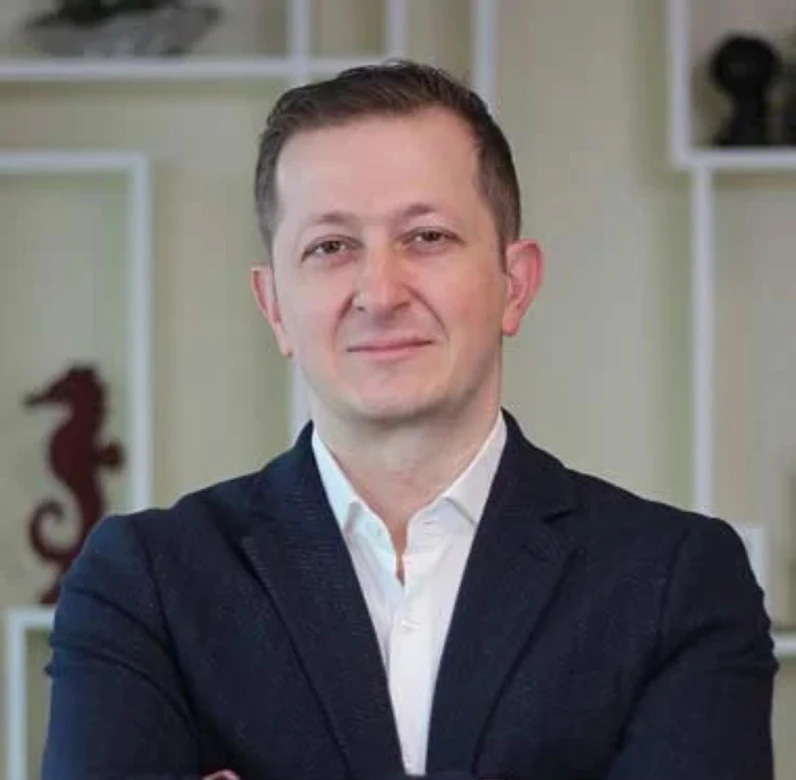To receive detailed information about our procedures and to schedule an appointment, please fill out the form below.
Gynecomastia is defined as the excessive growth of male breast tissue. In other words, it is when the male breast exhibits feminine characteristics. The main causes include excessive weight gain, hormonal changes, and high stress levels. In today’s world, people often live in highly stressful environments due to demanding work conditions. This can lead to insufficient or excessive hormone production and stress-related eating habits. For these reasons, excessive male breast growth has become a common condition that requires attention.

This condition is generally seen in boys before and during puberty. During puberty, the sudden changes in hormone secretion and disruptions in eating habits can cause changes throughout the body. One of the most noticeable of these changes is gynecomastia, which often resolves on its own within a few years. For the natural resolution of the condition and healthy progression through puberty, it is important for families to inform and guide adolescents during this period.
If gynecomastia does not resolve on its own within a few years, it can be treated surgically. The surgery involves making incisions in the breasts, removing the excess glandular tissue and fat that cause enlargement, closing the incisions, and allowing the area to heal. These surgeries can be performed under local anesthesia, but general anesthesia is most commonly preferred.
In gynecomastia treatment, while the removal of glandular tissue is achieved surgically, liposuction is used to remove excessively fatty breast tissue that is not part of the glands. Initially, excess fat is removed with liposuction, and then a skin tightening procedure may be performed to prevent sagging. These surgical procedures provide a definitive solution and minimize the risk of recurrence, although there is no absolute guarantee that gynecomastia will never return. To further reduce the risk of recurrence, individuals should maintain healthy eating habits, avoid fatty or fat-promoting foods, and continue regular exercise.

Specialist in Aesthetic, Plastic, and Reconstructive Surgery
To receive detailed information about our procedures and to schedule an appointment, please fill out the form below.
You can send us an email or reach us by phone for more information.
Assoc. Prof. Dr. Beşir Öztürk, Specialist in Aesthetic, Plastic, and Reconstructive Surgery, combines the latest surgical techniques with years of experience to achieve natural, balanced, and aesthetic results.
Each procedure is carefully planned to reflect the best version of you and help you rediscover yourself.